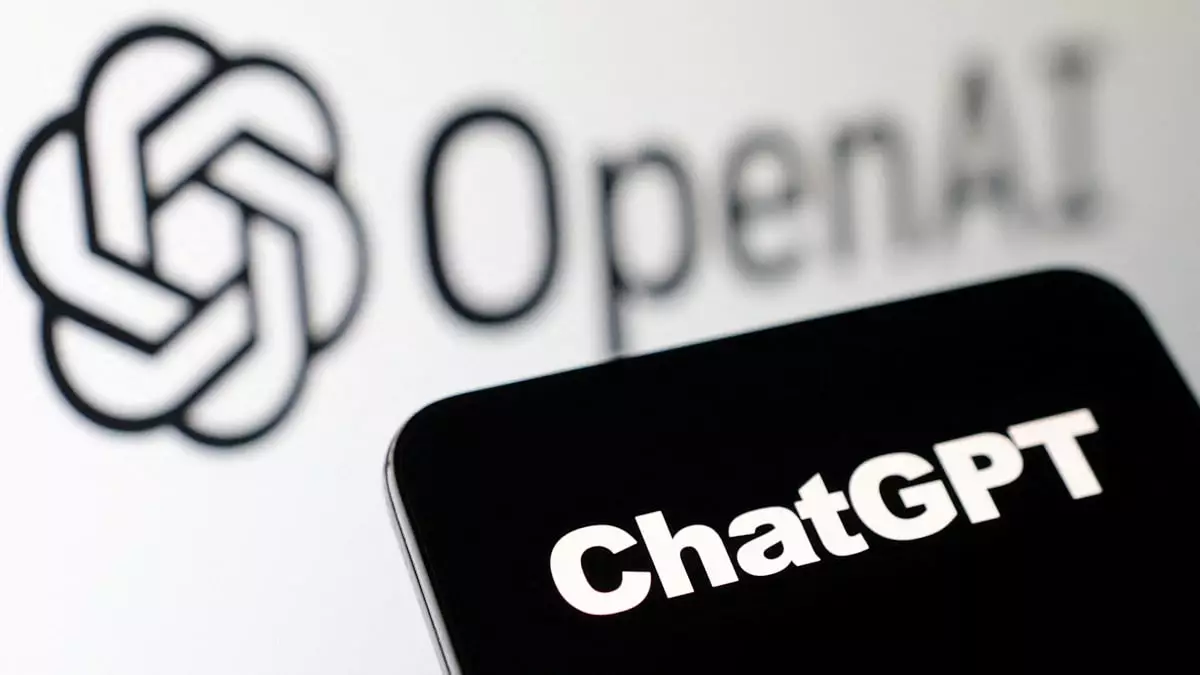OpenAI, the creator of ChatGPT, has pushed back the release of its custom GPT store to early 2024, according to an internal memo obtained by Reuters. This development comes after the company’s initial plan to launch the store in November, which was announced during its first developer conference. The delay is attributed to OpenAI’s dedication to improving its GPTs based on valuable customer feedback. This setback also follows the recent removal and subsequent reinstatement of CEO Sam Altman, prompted by employee threats to resign.
OpenAI’s custom GPT store, originally scheduled for release in November, has encountered a delay, as shared in an internal memo. Despite the setback, the company remains committed to enhancing its GPTs to better serve users. This delay comes at a time of internal tumult, where OpenAI had to address and resolve concerns raised by employees, resulting in the reinstatement of CEO Sam Altman. The postponement of the GPT store launch adds another layer of uncertainty to the company’s future direction.
The Potential of GPTs
GPTs, or Generative Pre-trained Transformers, are AI models designed to simulate human-like conversations and perform real-world tasks. OpenAI’s GPTs, specifically ChatGPT, have demonstrated their capabilities in generating poems and prose from basic prompts. The introduction of the GPT store aims to allow users to create and share their custom GPTs while also potentially earning revenue based on their popularity. Although the delay is disappointing, it presents OpenAI with an opportunity to refine and strengthen their GPT offerings.
Expanding Training Data
OpenAI’s recent announcement regarding public and private dataset collaboration signifies the company’s commitment to improving their language models. By partnering with organizations, OpenAI aims to access diverse datasets that capture human intention across different languages, topics, and formats. This broader range of training data will enable the development of more conversational and contextually nuanced GPTs. Furthermore, OpenAI plans to create an open-source dataset for language model training, accessible to anyone interested in utilizing AI models.
OpenAI’s dataset strategy entails the creation of both public and private datasets. The public dataset will be openly available to anyone interested in training language models, fostering collaboration and innovation within the AI community. Simultaneously, OpenAI is working on developing private datasets to support the training of proprietary AI models. This approach allows OpenAI to strike a balance between contributing to the broader AI landscape and fulfilling the specific needs of its partners.
OpenAI’s decision to delay the launch of its custom GPT store until early 2024 demonstrates their dedication to quality and customer satisfaction. By heeding user feedback and making improvements to their GPT offerings, OpenAI aims to provide enhanced AI assistants capable of performing a range of real-world tasks. Additionally, their focus on expanding training data through public and private collaborations showcases OpenAI’s commitment to fostering advancements in conversational AI. Despite the delay, OpenAI remains an industry leader, continually pushing the boundaries of language models and AI technology.

Leave a Reply